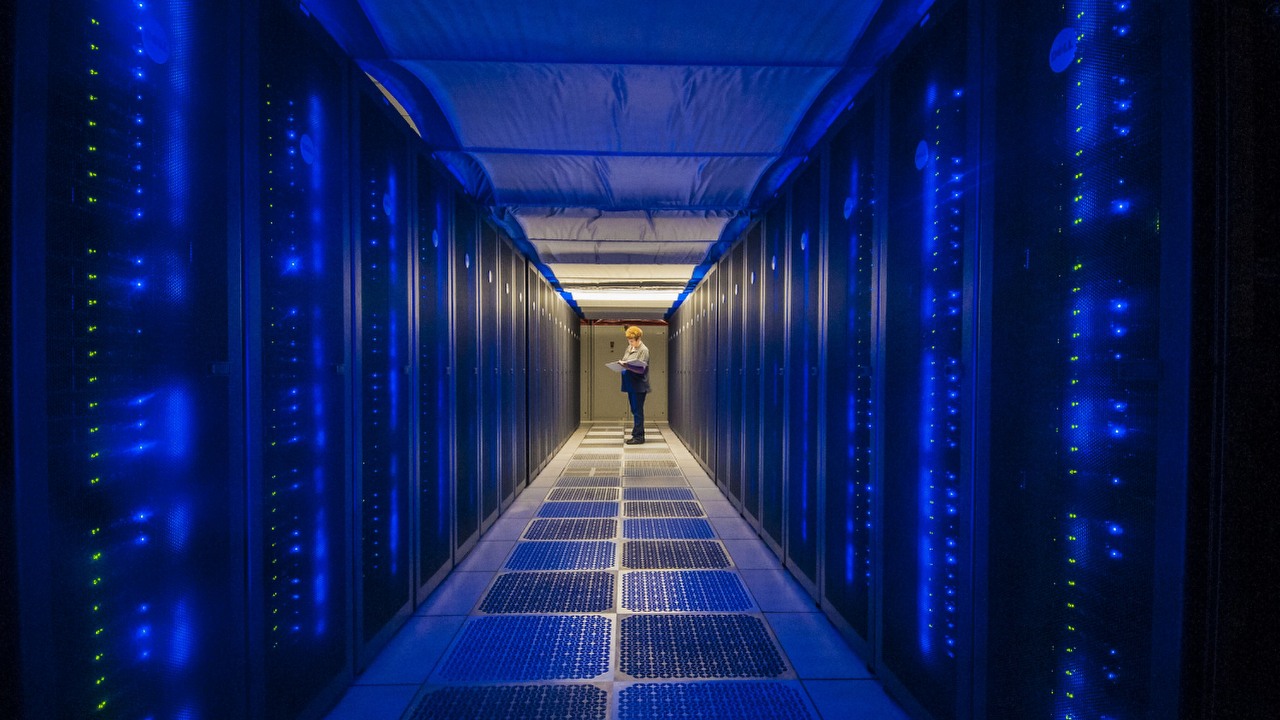
The Genesis Mission, starting November 24, 2025, is a U.S. government project designed to accelerate scientific discoveries using artificial intelligence. It aims to build a unified platform connecting powerful supercomputers, AI technologies, national laboratories, valuable data, and research facilities.
The 24/7 lab of the future
As a gamer, I’m actually pretty excited about this Genesis Mission from the DOE. Basically, they’re giving AI researchers access to tons of real-world data from labs – think fusion, biotech, even space stuff! – so they can train some seriously powerful AI. The idea is to use AI to make science move faster – things like letting AI design experiments, run simulations way quicker, and predict results more accurately. And they’re not just going to release it and forget about it. They’re planning to update something called the “American Science and Security Platform” every year to show us how the system’s doing, what people are building with it, and what cool new discoveries are happening. It’s like an open-world science game with real-world impact!
This new method completely changes how inventions are made. Instead of people using tools, the system largely works on its own. The AI analyzes information, forms a theory, and then tells a robotic lab to conduct the experiment. The results are immediately returned, and if the experiment fails, the AI adjusts its approach and tries again. Because machines don’t need rest, this process can run continuously – a non-stop cycle of testing and improvement.
Will AI replace scientists? It’s unlikely. Instead, scientists will probably move into roles where they manage and oversee AI systems that conduct experiments. This would free them from tedious lab work, allowing them to concentrate on more creative tasks like developing ideas and analyzing findings. It remains to be seen if this will significantly accelerate scientific discovery, but we’ll find out over time.
It’s understandable that not everyone is thrilled about AI. Even Microsoft’s AI chief, Mustafa Suleyman, is surprised by the lack of excitement. A big part of the problem is that a lot of AI-generated content – like images and videos – just doesn’t feel very impressive, often coming across as unnecessary or a poor substitute for genuine human creativity.
Currently, there’s also discussion of a potential 10-year pause on states creating their own laws about artificial intelligence. This would give the federal government more control. Primarily, this would help large technology companies by allowing them to follow one national set of rules instead of a variety of state regulations.
Read More
- All Golden Ball Locations in Yakuza Kiwami 3 & Dark Ties
- All Itzaland Animal Locations in Infinity Nikki
- NBA 2K26 Season 5 Adds College Themed Content
- Elder Scrolls 6 Has to Overcome an RPG Problem That Bethesda Has Made With Recent Games
- What time is the Single’s Inferno Season 5 reunion on Netflix?
- Hollywood is using “bounty hunters” to track AI companies misusing IP
- Gold Rate Forecast
- Heated Rivalry Adapts the Book’s Sex Scenes Beat by Beat
- Star Trek’s Controversial Spock Romance Fixes 2 Classic TOS Episodes Fans Thought It Broke
- BREAKING: Paramount Counters Netflix With $108B Hostile Takeover Bid for Warner Bros. Discovery
2025-11-25 19:32